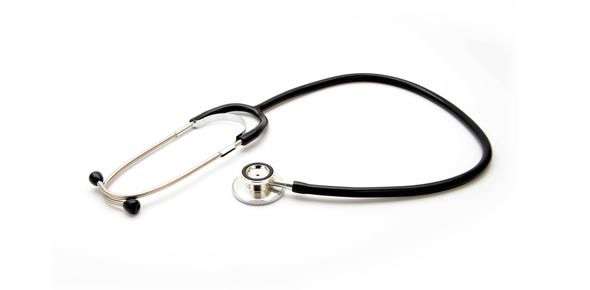Related Flashcards
Cards In This Set
| Front | Back |
|
Primum non nocere
|
Latin for “first, do no harm,” from the Hippocratic Oath (discussed later in this chapter). Some consider this principle the most important of all the principles of medical ethics.
|
|
Beneficence
|
Doing good for others. A healthcare professional has an obligation to act in the patient's best interests.
|
|
Autonomy
|
The patient's right to choose or refuse care. Autonomy may be thought of as “control over one's destiny” and is the basis for the practice of informed consent. Freedom (of choice)—even to make the wrong decision—is the right of any adult patient who is competent.
|
|
Justice
|
In medical ethics, justice refers to the fair distribution of healthcare resources and decisions regarding who gets what treatment.
|
|
Truthfulness and honesty
|
The patient deserves to know the truth about his or her illness or injury and medical treatment.
|
|
What are the five principles of medical ethics?
|
Primum non nocere
Beneficence AutonomyJusticeTruthfulness |
|
What are the five basic virtues most important to the paramedic?
|
Courage
Honor (Integrity) HumilityKindnessRespect |






